One in four people in the UK will experience a mental health problem at some point in their lifetime. This page compiles a host of useful content and resources which should help to tackle Mental health in the workplace.

What is mental health?
Being mentally healthy doesn’t just mean that you don’t have a mental health problem, according to the Mental Health Foundation. It says that those who are in good mental heath are able to make the most of their potential, cope with life and play a full part in their family, workplace, community and among friends.
Mental health, sometimes referred to as ‘emotional health’ or ‘wellbeing’ can be just as important as good physical health. Mental health is about how we think, feel and behave. Anxiety and depression are the most common mental health problems. They are often a reaction to a difficult life event, such as bereavement, but can also be caused by work-related issues.
Most people will go through times when they feel low, stressed or frightened and for most people, those feelings will pass. However, on some occasions they can develop into a more serious problem and it can happen to any one of us.
A person’s mental health will change as s circumstances change and as a person moves through different stages of their life.
The Mental Health Foundation says: “There’s a stigma attached to mental health problems. This means that people feel uncomfortable about them and don’t talk about them much. Many people don’t even feel comfortable talking about their feelings. But it’s healthy to know and say how you’re feeling.”
According to the World Health Organization, an estimated 264 million people suffer from depression globally. It says that ‘Work is good for mental health but a negative working environment can lead to physical and mental health problems’, and that ‘harassment and bullying at work are commonly reported problems, and can have a substantial adverse impact on mental health.’
The World Health Organization website contains information on Work-related risk factors for health, Creating a healthy workplace and Supporting people with mental disorders at work
The Health & Safety Executive (HSE) says that: “Work can also aggravate pre-existing conditions, and problems at work can bring on symptoms or make their effects worse.
“Whether work is causing the health issue or aggravating it, employers have a legal responsibility to help their employees. Work-related mental health issues must to be assessed to measure the levels of risk to staff. Where a risk is identified, steps must be taken to remove it or reduce it as far as reasonably practicable.
“Some employees will have a pre-existing physical or mental health condition when recruited or may develop one caused by factors that are not work-related factors.
“Employers may have further legal requirements, to make reasonable adjustments under equalities legislation.”
GOV.UK contains all of the relevant information about employing people with a mental or physical disability. Further information can be found from the Equality and Human Rights Commission in England, Scotland and Wales.
There is advice for line managers to help them support their employees with mental health conditions.
The ‘Thriving at Work’ review
This report, written in 2017 by Lord Stevenson and Paul Farmer (Chief Executive of Mind) was produced on behalf of the government to independently review the role employers can play to better support individuals with mental health conditions in the workplace.
It sets out a framework of ‘core standards’ that employers of all sizes are recommended to follow and put in place within their organisation.
In 2019, Safer Highways launched the first industry benchmarking exercise against the Thriving at Work standards for across the highways sector.
Mental Health Act reform plans set out
In January 2021, the Government announced plans for a reform of the Mental Health Act, making changes to how people are sectioned in England and Wales.
A public consolation on the plans has been opened, with the Mental Health Bill set to be published in 2022.
The government will consult on several proposed changes, including:
- Introducing statutory ‘advance choice documents’ to enable people to express their wishes and preferences on their care when they are well, before the need arises for them to go into hospital;
- Implementing the right for an individual to choose a nominated person who is best placed to look after their interests under the act if they aren’t able to do so themselves;
- Expanding the role of independent mental health advocates to offer a greater level of support and representation to every patient detained under the act;
- Piloting culturally appropriate advocates so patients from all ethnic backgrounds can be better supported to voice their individual needs;
- Ensuring mental illness is the reason for detention under the act, and that neither autism nor a learning disability are grounds for detention for treatment of themselves;
- Improving access to community-based mental health support, including crisis care, to prevent avoidable detentions under the act – this is already underway backed by £2.3 billion a year as part of the NHS Long Term Plan.
Mental health in the workplace statistics UK 2019
According to Mental Health and Work, a report from the Royal College of Psychiatrists, 1 in 6.8 people (around 14%) experience mental health problems in the workplace.
It is also reported by Mental Health Foundation, that nearly 20% of women in fulltime employment suffer from common mental health problem as opposed to just over 10% of full-time employed men.
Mental Health Foundation suggests that around £8 billion per year could be saved by UK business, by incorporating better support of mental health in the workplace.
Click here for the HSE’s annual statistics on work-related stress, depression and anxiety in 2018/19.
Mental health in the workplace UK law
All employers have a general duty to look after the welfare of employees under the Health and Safety at Work etc Act 1974 and to assess and manage risk to their staff under Management of Health and Safety at Work Regulations 1999.
This includes assessing and minimising the risk of stress-related illness.
The Equality Act 2010 makes it unlawful to discriminate against employees because of a mental or physical disability.
A mental health issue can be considered a disability under the law if all of the following apply:
- It has a ‘substantial adverse effect’ on the life of an employee (for example, they regularly cannot focus on a task, or it takes them longer to do);
- It lasts at least 12 months, or is expected to;
- It affects their ability to do their normal day-to-day activities (for example, interacting with people, following instructions or keeping to set working times).
Mental health in the workplace: Taking care of your employees
Research carried out by Mental health charity, Mind, discovered that:
- Over one in five people (21%) said they had called in sick to avoid work because of workplace stress;
- 14% said they quit their job and 42% has thought about quitting due to workplace stress;
- 30% disagreed with the statement ‘I would feel able to talk openly with my line manager if I was feeling stressed’;
- 56% of employers said they would like to do more to improve staff wellbeing but don’t feel they have the right training or guidance.
Mind has put together a series of free resources to help employers take care of business.
It also offers a series of training courses and wellbeing booklets.
Mind is official Charity Partner of the Workplace Wellbeing Show.
Mental Health First Aid regulation changes
In November 2019, HSE announced a change to the first aid guidance to include suitable and sufficient mental health training.
According to the guidance, this could include providing information or training for managers and employees, employing occupational health professionals, appointing mental health-trained first aiders and implementing employee support programmes.
Heather Beach, Founder and Managing Director of The Healthy Work Company, says that “Whilst the guidance does not mention the MHFA courses specifically, it does say ‘you might decide that it will be beneficial to have personnel trained to identify and understand symptoms and able to support someone who might be experiencing a mental health issue’.”
Research study on Mental Health First Aid in business launched
The Centre for Mental Health and London South Bank University announced in April 2020 that they are embarking on a study of Mental Health First Aid (MHFA) England training in UK workplaces.
Set to last for three years, the Mental Health First Aid England funded study brings together a group of leading Industry experts chaired by Lord Kamlesh Patel. Its aim is to test out the impact of MHFA England training over the long-term in a range of workplaces across the country.
To find out more about the MHFA training study, click here.
3 ways to a mental health and wellbeing strategy
In the not too distant past, a wellbeing strategy looked like apples in the office, yoga at lunchtime, a cycle to work scheme and gym memberships. Generally, this was run by HR. More recently, due to a culture change in the UK regarding the importance of mental health, some proactive work from Mental Health First Aid England and some senior leaders in health and safety, MHFA joined the suite of wellbeing services any right thinking organisation would offer.
Heather Beach, Founder and Managing Director of The Healthy Work Company, says the three ways to a successful health and wellbeing strategy are:
- The top down strategic approach;
- A mental health training and awareness strategy only;
- Iterative approach.
Mental health: the costs to employees and businesses
 Mental health can affect how we feel, think and behave and, in some cases, seriously limit our ability to cope with relationships, work and life in general.
Mental health can affect how we feel, think and behave and, in some cases, seriously limit our ability to cope with relationships, work and life in general.
In the workplace, mental health issues can have a serious impact on both the morale of employees, those suffering from mental health issues and their colleagues who then pick up the additional workload.
It can also impact an organisation’s productivity and profitability through overtime costs, recruitment of temporary or permanent cover – According to the Centre for Mental Health, the financial cost to British business of mental ill-health is an estimated £26 billion per annum, because of absence from work due to mental health issues.
Mental health issues can appear as the result of experiences in both our personal and working lives, or like a physical illness, can just happen. Commonly diagnosed mental health issues include:
- Depression, anxiety and panic attacks;
- Obsessive-compulsive disorder;
- Phobias;
- Bipolar disorder;
- Schizophrenia;
- Borderline personality disorder.
The Health & Safety Executive’s draft ‘Health and Work strategy: Work-related stress’ identifies that 1.5% of the working population suffers from mental health issues, resulting in 11.7 million working days lost in 2015/16 (23.9 days/case).
Compare this to self-reported injuries – 4.9M working days lost (7.2 days/case) – and the scale of workplace mental ill-health is almost two and a half times the physical impact of unsafe workplaces and working practices.
Cost to business
Providing support for employees is important for your organisation as well as for the individual concerned.
As well as financial savings, the benefits of such investment for your organisation include:
- Reducing the costs of lost productivity due to absenteeism;
- Retaining valued and experienced members of staff – and thus avoiding unnecessary recruitment and training costs;
- Reducing the cost of sickness absence payments;
- Meeting your duty of care and legislative obligations;
- Identifying and managing mental health in the workplace.
One-in-four people will experience a mental health problem in any year. A common misconception is that mental health problems are only caused by ‘home’ issues, so some employers can feel that it’s not appropriate, or their responsibility, to intervene and provide support to employees.
It is more common that the cause of an employee’s mental health problems are a combination of issues relating to both their work and private lives.
A simple example would be an employee suffering from anxiety due to high personal debt, which as well as impacting on their private life may result in the demands of their job now becoming impossible for them to cope with.
Likewise, someone under prolonged work-related stress may find it difficult to enjoy life outside of work, due to working excessive hours or drinking as a way of coping, which in turn has a negative impact on their family and/or personal relationships.
We can also be affected if those close to us experience mental health problems. Mental health problems can affect our physical and mental wellbeing, and may include visible signs (shaking), psychological symptoms (exhaustion) or a combination of both.
It is not uncommon for someone to mask both physical and psychological symptoms to the degree that no one close to them is aware. It’s important to remember that no two people respond or cope in the same way; men are less likely to seek help or talk to family and friends due to historical taboos relating to demonstrating weakness to peers.
A successful approach for organisations to work with their employees to encourage awareness, challenge preconceptions to change the approach and reaction to mental health.
Our approach is always proportional to the type of business, along with the size of an organisation. It may not be reasonable to expect a small employer to provide access to counselling, whereas as large employer may be able to do so.
However, regardless of the size of an organisation the first step is being able to communicate about mental health. This could be through:
- Delivering mental health awareness training to management teams, with the result of improved employee performance due to a change in manager’s attitude;
- Analysis of responses to confidential awareness surveys and comparison of absence statistics to inform organisations of the potential scale of mental health issues within their workplace;
- Developing appropriate policies covering the range of mental health issues likely to occur in the workplace amongst both management and employees, and which makes mental health well-being a priority equal to accident and loss prevention.
All employers can minimise the impact of mental health issues amongst employees, by:
- Introduction of ‘Wellness Recovery Action Plans’ to support the return to work of employees absent due to mental health issues so that they understand their welfare is as important as their return to work;
- Developing open two-way communication to minimise uncertainty, and when established working ways are being changed, through tool box talks and mental health awareness moments for meetings;
- Providing telephone helpline numbers for (i.e. Citizens Advice, The Samaritans and Mind) on noticeboards, newsletters and in payslips.
Finally, it should be noted that people with mental health issues are automatically protected under the disability strand of the Equality Act 2010 twelve months on from the point of diagnosis.
This legislation puts a duty on all employers to make ‘reasonable adjustments’ in the workplace for employees with disabilities – whether they be physical adjustments or management solutions.
Work-related stress
Work-related stress is defined as “a harmful reaction people have to undue pressures and demands in the workplace”.
Workplace mental health issues are often associated with stress. Exposure to high levels of stress at work can cause emotional symptoms such as depression, tearfulness, withdrawal, mood swings, loss of motivation or concentration and behavioural changes such as smoking, drinking, drugs, changes to eating or sleeping habits and nervous behaviour.
Poor employee mental health arising from stress can cost your business time and money in lost productivity and sickness absence.

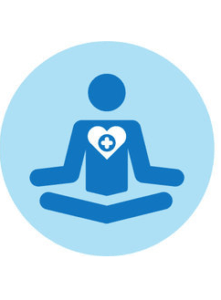














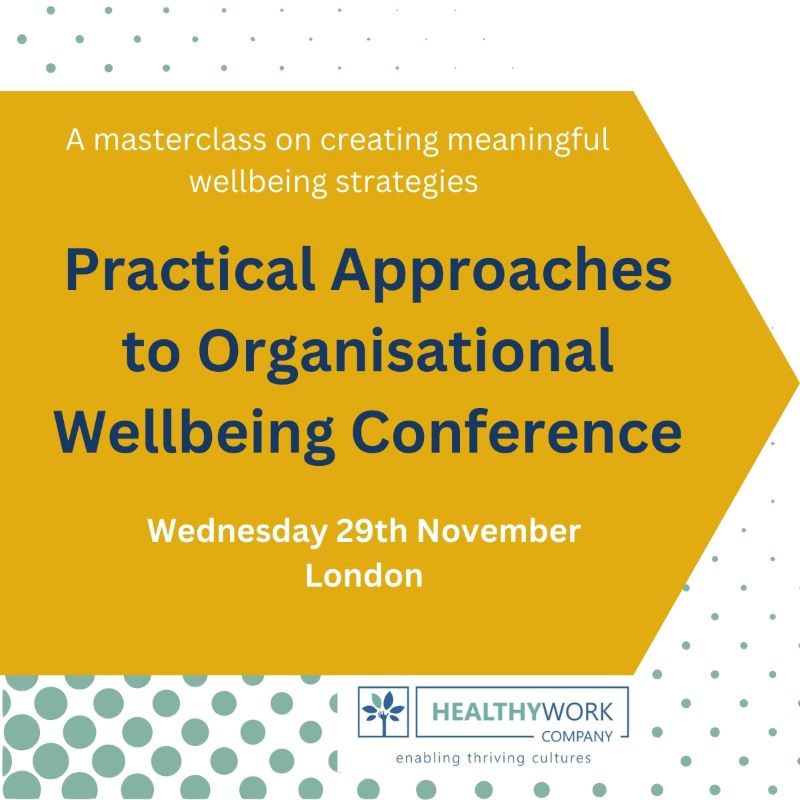







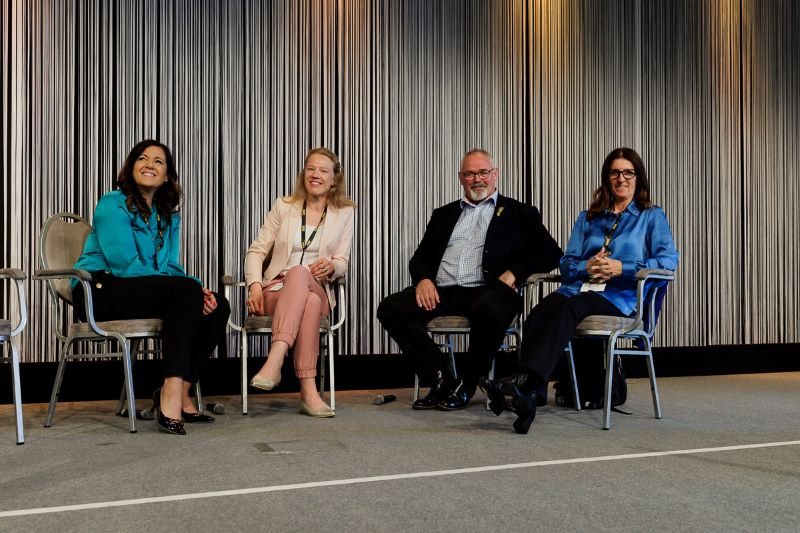






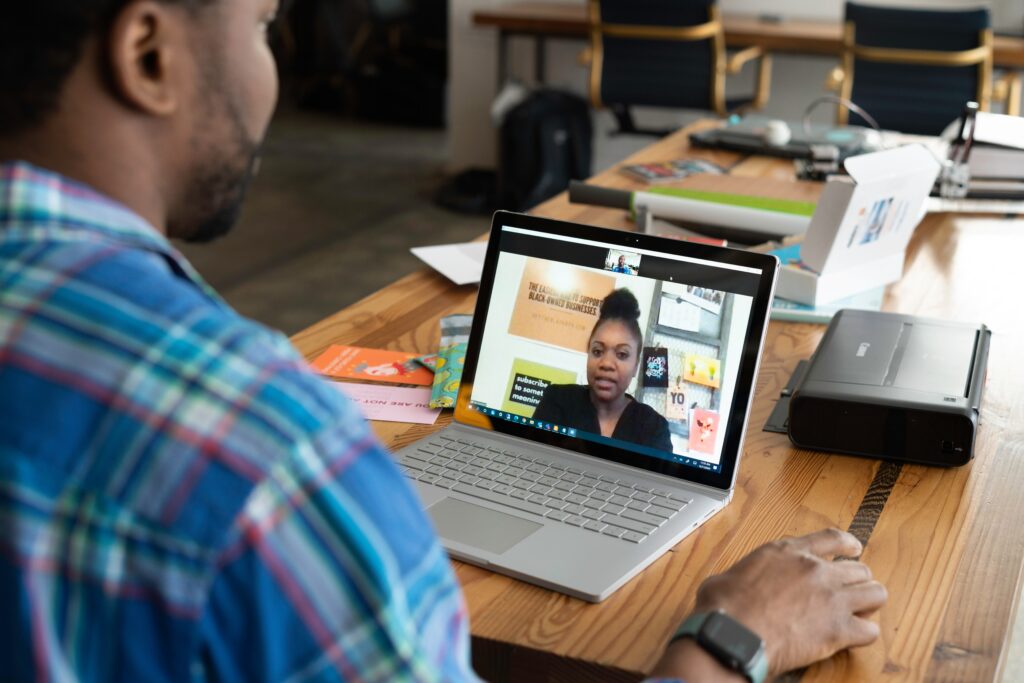





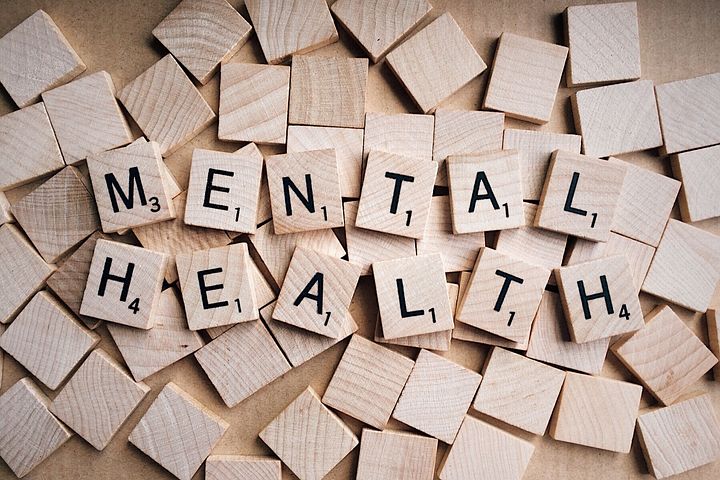
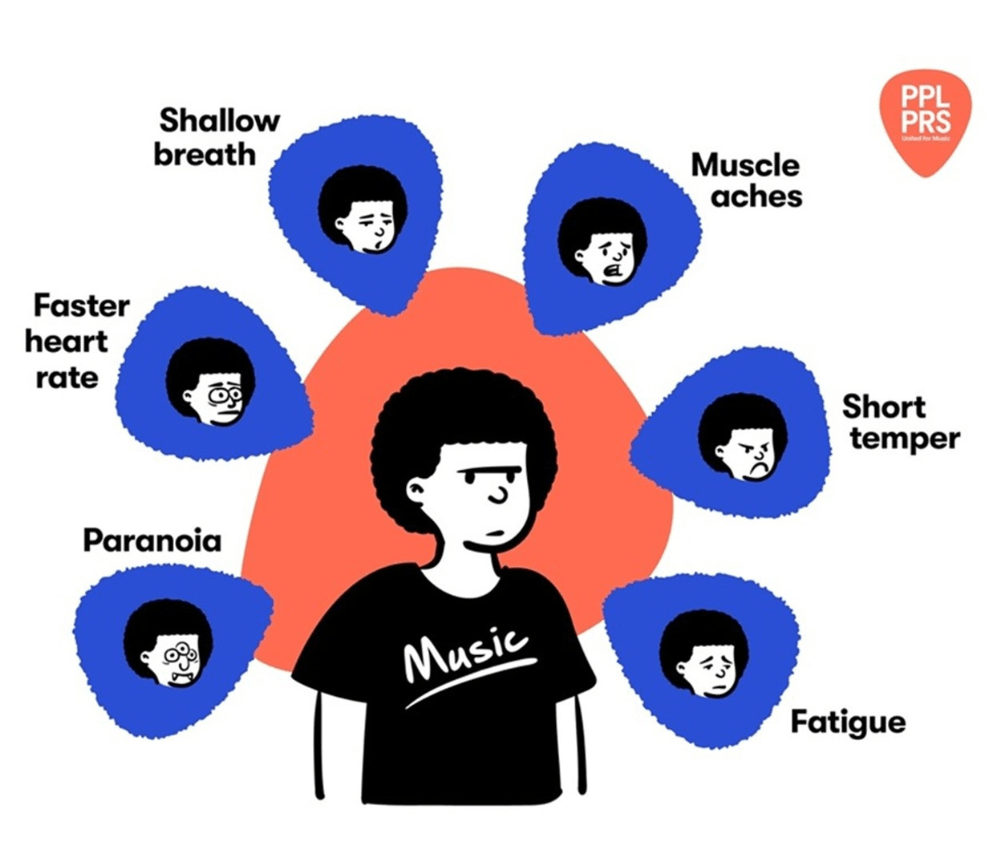




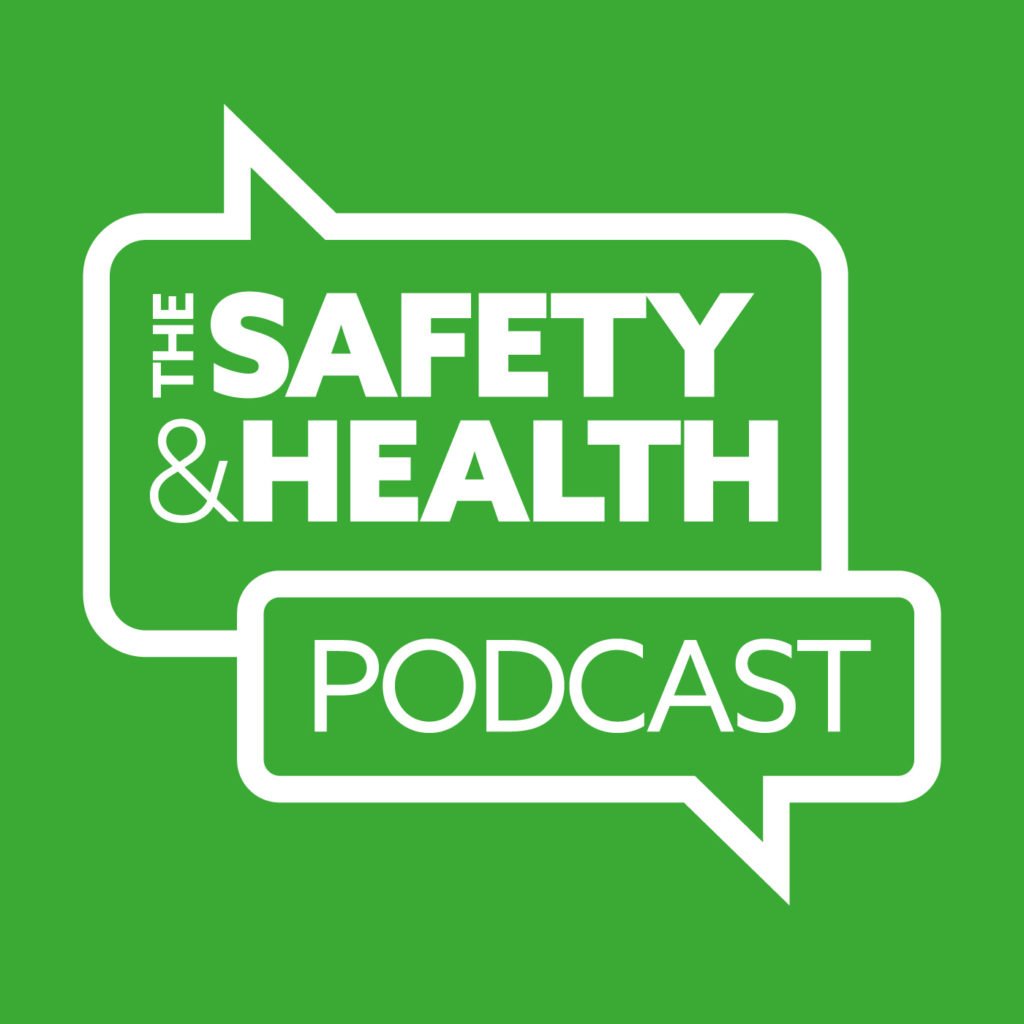
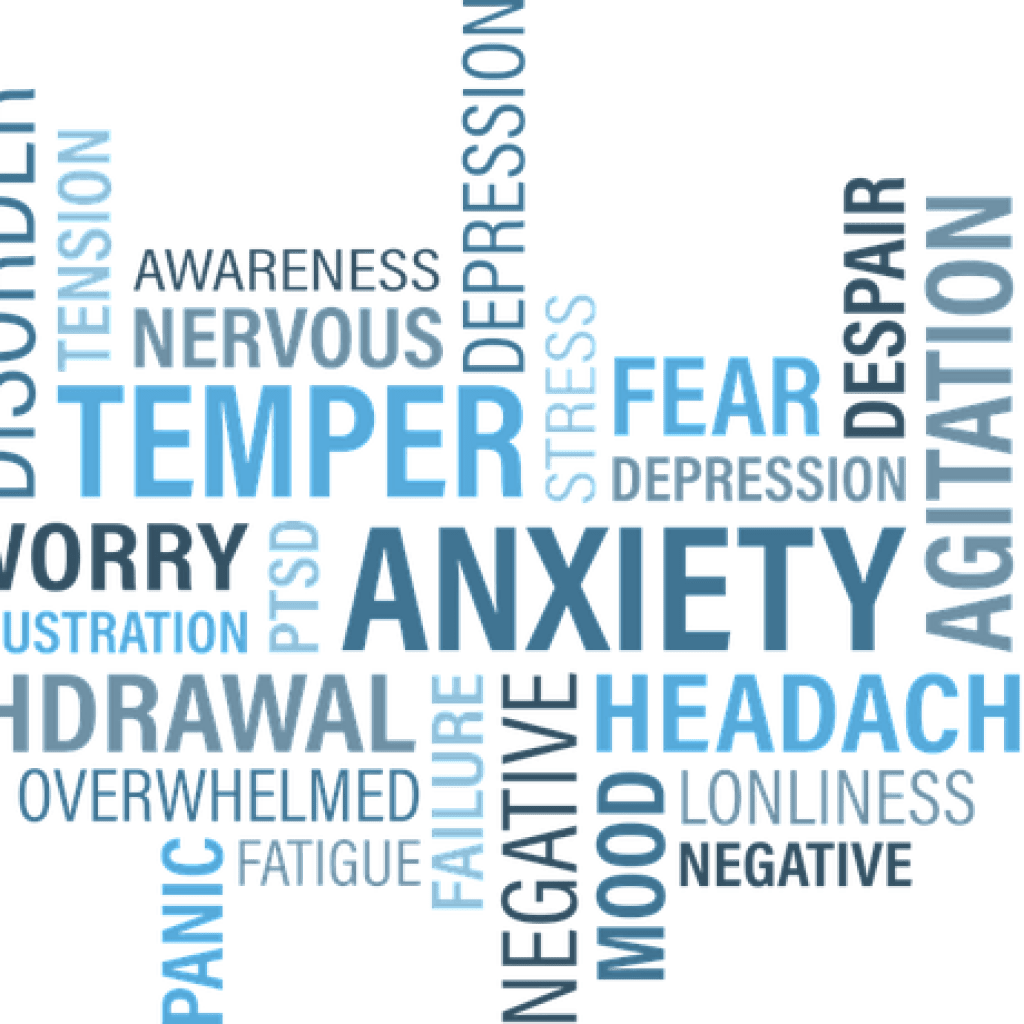












Whilst there is a huge plethora of good information on the internet regarding Mental Health & Well-being and what to do to reduce and assist with it , i feel that H&S legislation is falling short on enforcing employers to safe guard employees mental health. It’s ok that section 2 of the HASAWA states that it is the employers duty to safeguard the Health safety & well-being of their employees whilst at work, but why cant we encompass Mental Health First Aid into the standard First Aid at Work Regulations, whereby, based on the risk, diversity and size of an… Read more »
Hi Stuart, You make a good point. We have started in my company to introduce trained Mental First Aiders (MFA). To introduce MFA will require a well thought out strategy as it goes to the very heart of how do we do business. Many Health and Safety people see this as an extra task to have to do. For as long as I have been in practice (many years) it has never been at the front of our agenda, but with the means of popular media attention and AI and modern technology. Could be another means to get underneath the… Read more »